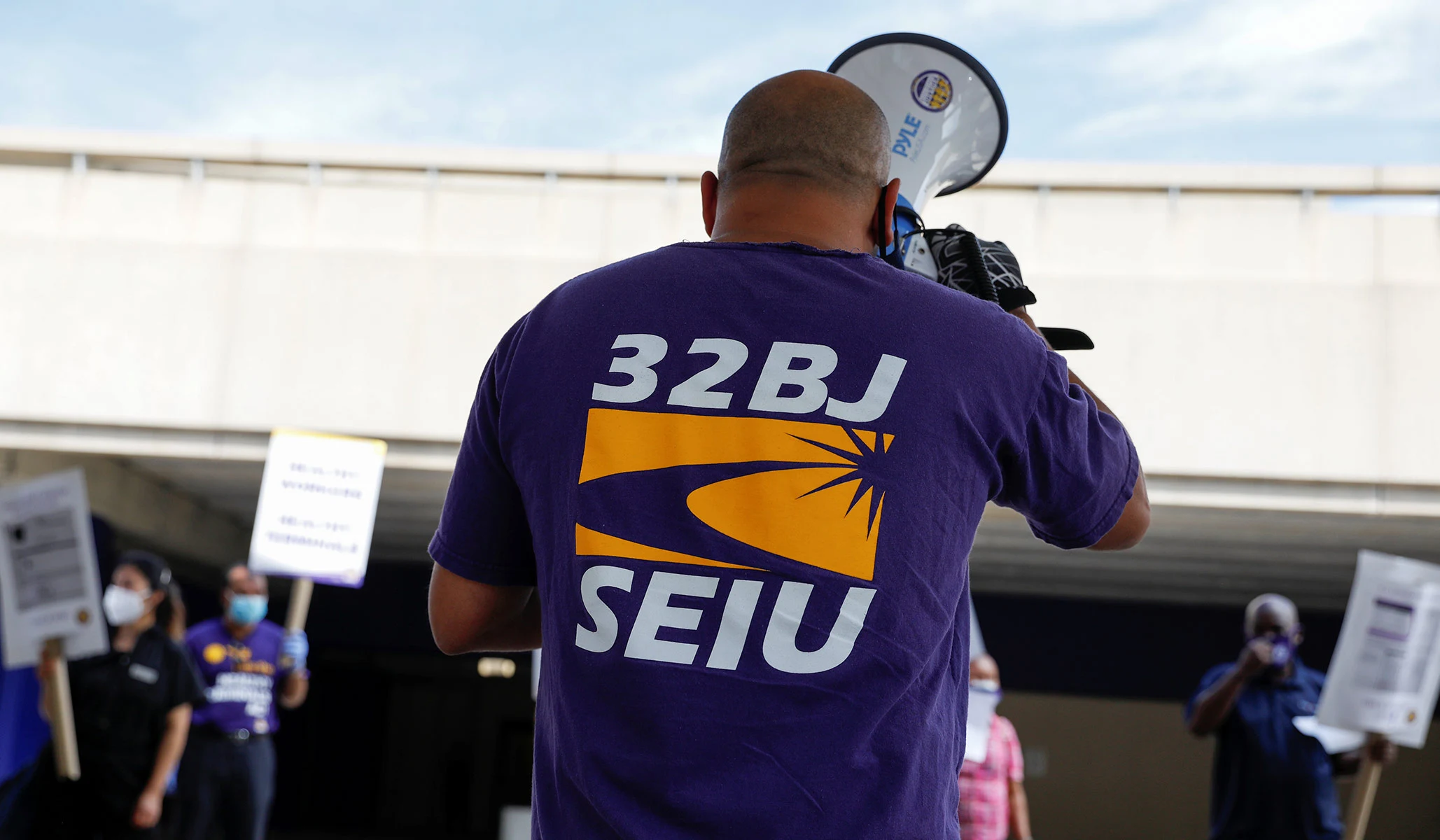A general counsel from a Fortune 500 company recently shared with me a common narrative that many senior corporate executives have experienced regarding ESG (environmental, social, and governance) standards enforced by a network of large funds and NGOs. Companies that have enjoyed years of spectacular returns boosted by their growing use of energy renewables and leadership in carbon-emission reductions naturally look forward to positive scores for the “E” element from rating agencies. Similarly, companies that diligently cultivate workforces that reflect the demographics of America understandably expect positive ratings for the “S” element. However, senior executives and boards are often shocked when they receive poor ratings on these dimensions, which are followed by low “G” ratings if businesses manage issues such as board diversity in ways that are deemed less than progressive. After some early confusion, corporate leaders are awakening to the fact that they signed on with a progressive cartel dedicated not to steady carbon reduction and social progress but to blinkered environmentalism and ideological — even, partisan — coercion.
This cartel has its roots in Ceres, a well-funded NGO that helped foster Climate Action 100+, which is composed of large investors who manage a total of $70 trillion in assets. The organization gained political and financial heft when CalPERS, the activist pension fund for California public employees, as well as the pension funds of New Jersey and New York became members.
The initial goals of the ESG movement were commendable — a long-term commitment to slash carbon emissions and support equality with strong corporate governance. From the start, however, there was an iron fist beneath the green-velvet glove — no one wants to be cut off from CalPERS and other large state investment funds, so, corporations signed up.
The bridle and reins of left-wing, ideological control of corporate boards were slowly draped and tightened as shareholder activist organizations like As You Sow and Mercy Investments began to become prominent, powerful ESG players. The bit was put in place when Investment Shareholder Services (ISS) and Glass Lewis, the duopoly that manage U.S. proxy-shareholder services, became enthusiastic proponents of ESG. For example, ISS has a unit that provides ESG ratings for companies.
Overnight, a commitment to steadily reduce carbon emissions became a demand to “align with Paris” and eliminate all such emissions by 2050, a practical impossibility. Corporate leaders have expressed frustration with the increasing number of proxy proposals and board fights they face despite their positive ESG performance.
From these discussions, it has become clear that business and policy-makers need to understand three big truths about ESG.
First, the ESG movement begins by persuading companies to adopt its terminology. Then it reframes the plain meaning of the principles to which corporate leaders agreed when joining.
Second, the array of political stances that the ESG movement demands that boards take is expanding into a progressive, partisan wish list. This is especially pernicious, twisting social responsibility to mean controlling the First Amendment–protected speech and political leanings of private companies.
Third, Climate Action 100+, the public-employee unions, and blue-state pension funds are not a loose network of aligned organizations. They are an organized cartel. An analysis of the boards of these organizations shows an extraordinary degree of interlocking directorships, with many leaders of ESG organizations having worked in or even founded other groups in the network.
While much has been made of the role of BlackRock and other large investment funds, some corporate insiders see big asset managers as often acting as followers, perhaps even victims, of the ESG movement, at the center of which is always Ceres.
Herein lies the problem for ESG.
None other than the ultraprogressive chairwoman of the Federal Trade Commission, Lina Khan, has said that purported social goals don’t allow the agency to “turn a blind eye” to antitrust violations. While no one expects the progressive leaders of the FTC to take on the climate cartel, state attorneys general, alarmed at the declining returns ESG is bringing to state pension funds, are beginning to investigate the possible violations of the Sherman Act that a coordinated conspiracy against a legal industry would constitute.

